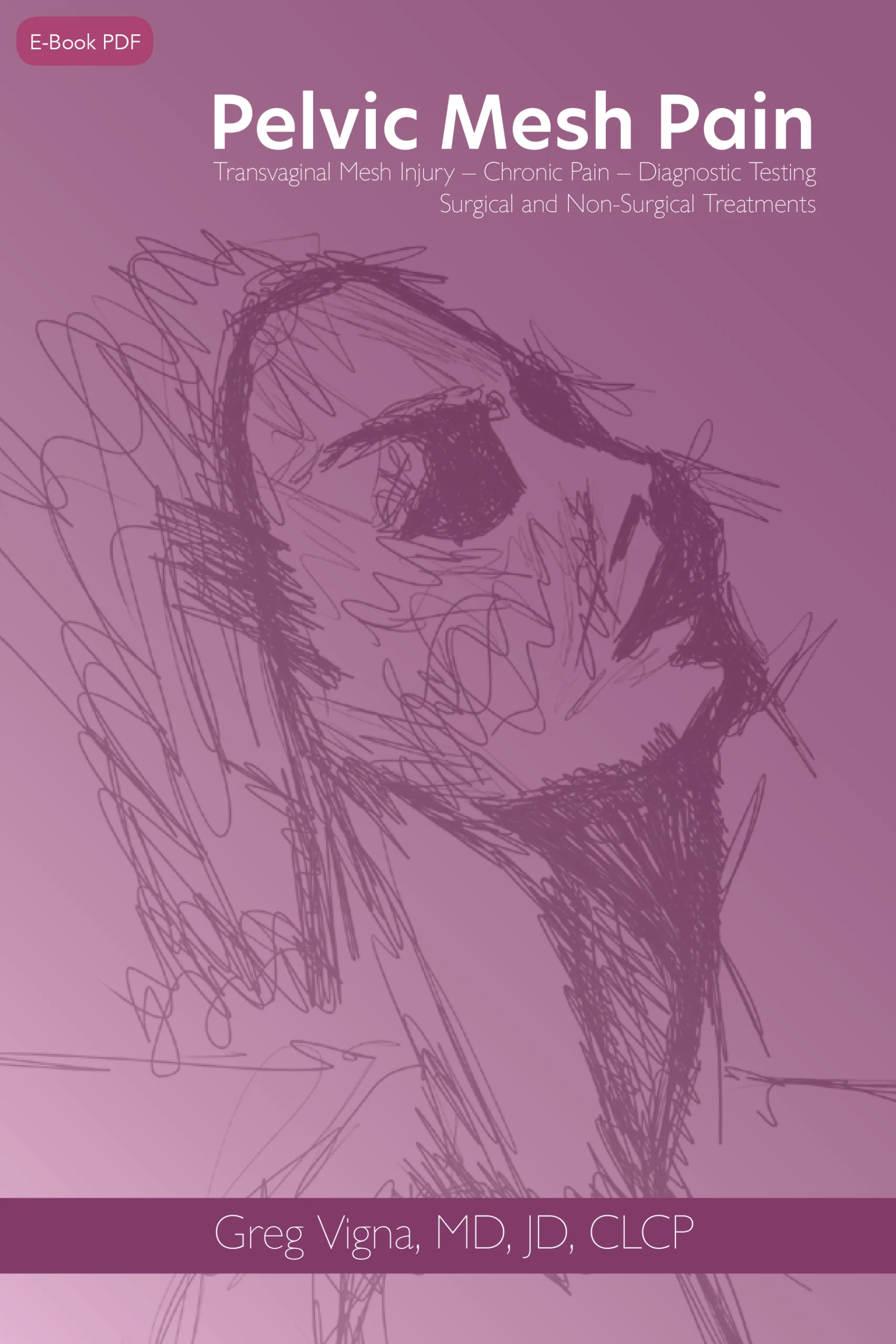For hundreds of thousands of women, synthetic vaginal mesh implants have led to devastating consequences. These products, made from polypropylene, can shrink, erode, fray, or migrate over time. When this happens, the mesh can pierce internal organs, damage nearby nerves, and cause chronic, debilitating pain.
What Is Vaginal Mesh?
For decades, major medical device manufacturers—including Ethicon (a Johnson & Johnson company), Boston Scientific, Bard, American Medical Systems, and Coloplast—have marketed synthetic mesh devices to treat pelvic organ prolapse (POP) and stress urinary incontinence (SUI). Most of these products rely on polypropylene, a plastic material that has shown to be unstable in the human body.
The Harm These Devices Cause
When vaginal mesh fails, the consequences are severe and often irreversible. Women experience complications such as:
- Chronic pelvic pain
- Painful intercourse (dyspareunia)
- Worsening urinary incontinence
- Nerve damage
- Organ perforation
These injuries can develop immediately after surgery or may emerge years later, gradually worsening over time.
Signs of Mesh-Related Neurological Injury
We represent women suffering from neurological pain syndromes caused by vaginal mesh and mid-urethral slings. Symptoms of mesh-related nerve damage include:
- Pain while sitting
- Painful intercourse
- Tailbone or anorectal pain
- Bladder discomfort
- Groin and hip pain
- Clitoral pain or numbness
- Inability to wear tight clothing due to discomfort
Legal Action and Your Right to Compensation
Women harmed by these defective medical devices need more than medical care—they need strong, experienced legal representation. Courts across the country have awarded damages to injured women. Many have joined mass tort settlements. Still, many others remain unaware of their legal rights or have yet to take action.
If you’ve experienced complications from vaginal mesh, now is the time to determine whether you have a case.
Our Commitment to You
Dr. Greg Vigna, MD, JD—founder of Vigna Law Group—works alongside top trial attorneys to deliver exceptional legal representation and comprehensive support. We provide:
- Expert medical insight
- Customized medical care planning
- Trusted legal advocacy
- Critical information on treatment options and complications
“My clients have legal remedies available to them and deserve their day in court. They have the right to pursue financial compensation for the damage done to them and their families by these defective and dangerous medical devices.”
– Greg Vigna, MD, JD
Founder – Vigna Law Group



